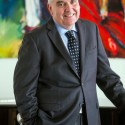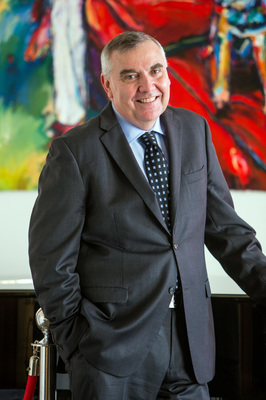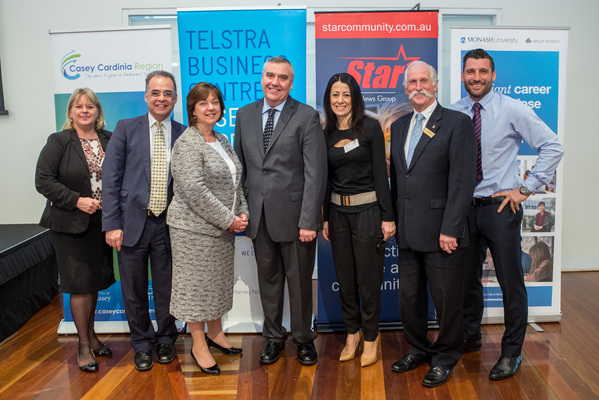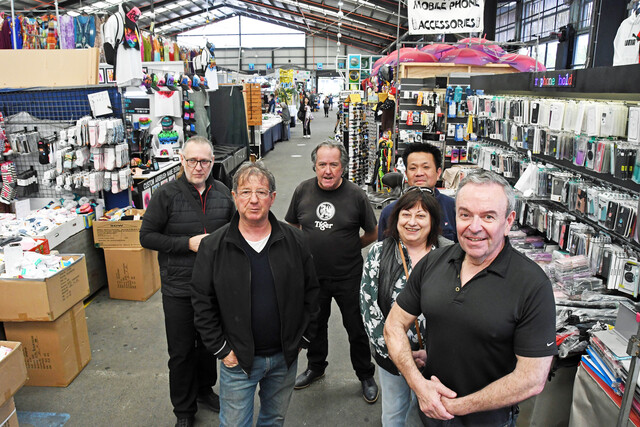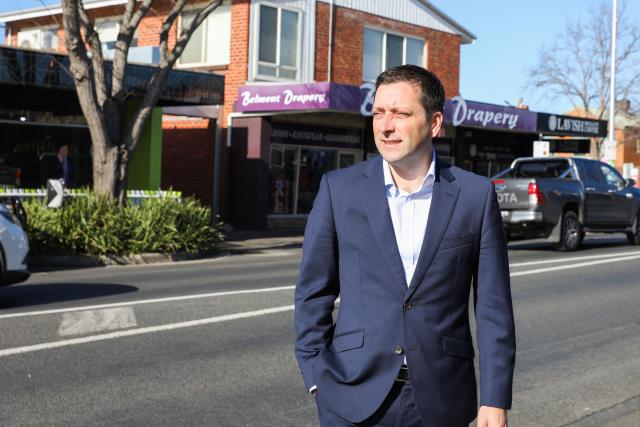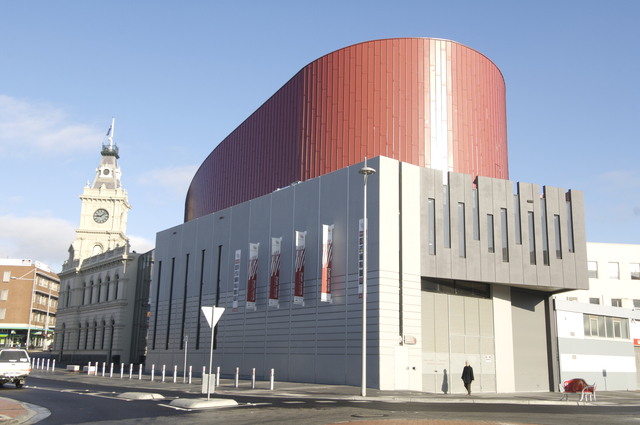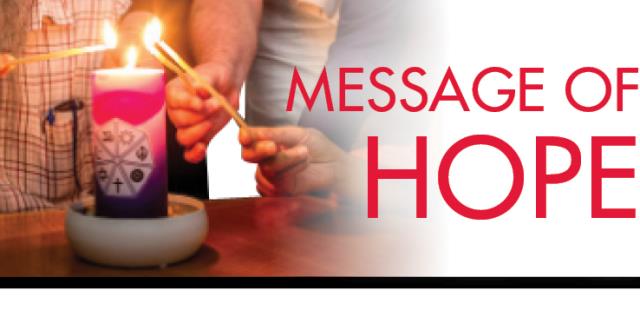By GARRY HOWE
RETAIL veteran Bernie Brooks did not have to look past the front door of his home for an example of what he described as the ‘digital disruption’ of his world.
The former Myer Limited CEO told a big crowd at Wednesday morning’s Casey Cardinia Business Breakfast at the Cardinia Cultural Centre of the arguments that ensued when his son started buying goods online.
His appeals to support the business that supported the family largely fell on deaf ears and it wasn’t until a few of the ordered items didn’t fit that the household mail traffic eased.
Mr Brooks said his son now combined online shopping with an in-store experience and his message was that businesses prepared to exist in both environments would successfully negotiate the digital disruption.
He said it was critical that businesses were prepared to morph into an omni-channel.
Loosely defined, that is a multi-channel approach to sales that provides customers with a seamless shopping experience, whether it’s from a desktop, a mobile phone or in the store.
He used Barnes and Noble Bookshops in the US as an example. In an environment of declining book sales, they developed their own book reader.
Mr Brooks said the retail world had evolved from the days of the old shopkeeper who knew you and your family, to the self-service innovation, then the introduction of scanning and through to the impacts of the “worldwide web”.
He said shoppers were now living by the click – they wanted it now.
“The customer is now in control,” he said. “They won’t wait in line.”
Mr Brooks said customers liked the idea of being rewarded for their loyalty and had ever increasing expectations around service.
He said a lot of shoppers did their research online, but that at the moment most still purchased from stores.
Many still considered shopping a day out and looking at ways to enhance that experience was important.
Mr Brooks said initial issues of mistrust around online sharing of financial information were turning around and more and more purchases would be made online.
He said it was the businesses prepared to offer an integration of online and in-store opportunities that would do the best.
He advised to innovate and warned not to leave it until the downturn to do so.
“The lure of comfort stifles the desire to innovate,” he warned. “The best time to do it is when things are going well.”
He said the quality of the people you had and the speed at which you did things were critical to success and that it was important to be consumer-led in what you did.

